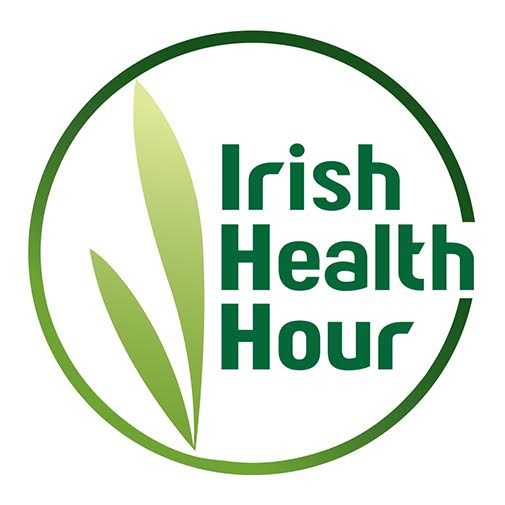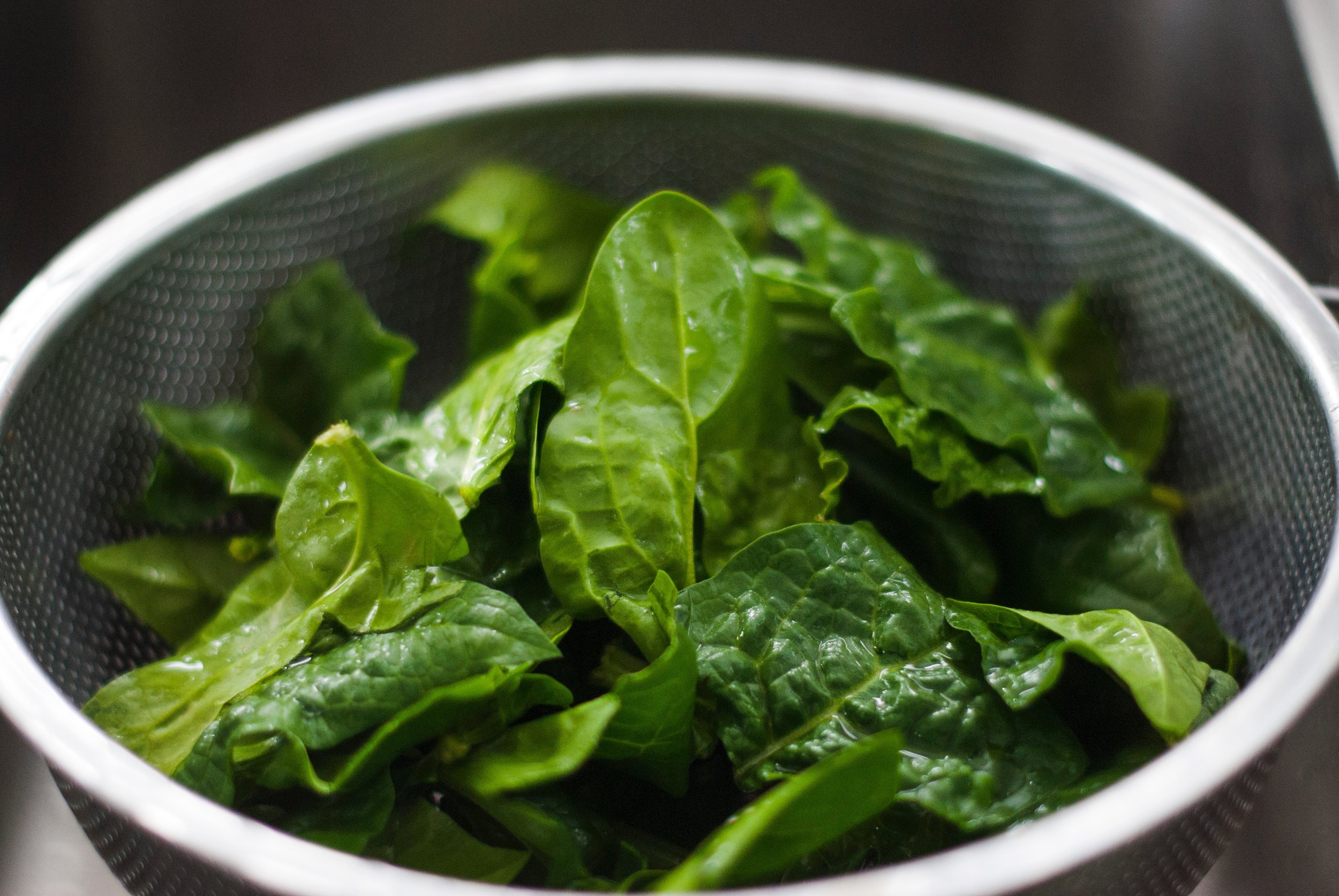Want better sleep? Add these 3 foods to your diet
Guest blog post by Lisa Smalls
Lack of sleep is a health problem for many reasons, not the least of which include its effects on mental and physical performance. Sleep deprivation also interferes with the body’s regulation of weight through signals for hunger and satiety. Poor sleep patterns can contribute to increased hunger and weight gain, in other words, especially where dietary habits are already poor. That doesn’t mean that you can’t take smart steps today to help make tomorrow better. In fact, there are three foods in particular to add to your diet if you’re hoping to get a full night of quality rest.
The Science of Poor Sleep and Its Effects on Appetite
Your body regulates hunger through hormonal feedback, and sleep deprivation disrupts the normal hormone levels. The two major hormones, leptin and ghrelin, control the sensations of fullness and hunger, respectively. During times of sleep deprivation, leptin levels decrease, and ghrelin levels increase. Your sense of fullness decreases, in other words, while your feelings of hunger increase. A meal that would normally satisfy someone who has had proper sleep, then, might not be enough for someone who is sleep deprived. This leads to overeating and making poor diet and lifestyle choices overall while moving less due to lower energy levels.
If you battle restless on a regular basis, whether that’s because you are sleeping on a mattress 10 years too old or you are under a lot of stress at work, adding these three foods can help you battle insomnia from your very on kitchen.
Cherries
Melatonin is a hormone our body naturally produces in the evening whose function is to calm and relax us. Although our body produces melatonin, there are certain foods we can eat to increase production of the hormone or are a source of the hormone itself.
Tart cherry juice has the highest concentration of melatonin out there. In fact, studies show if you drink 8 oz. in the morning and 8 oz. in the evening, it can greatly improve your sleep. As a bonus, cherry juice has a high percentage of tryptophan and serotonin, which is especially effective at triggering long-lasting and deep sleep.
Spinach
In addition to eating foods that are a direct source of melatonin, it’s also important to eat foods that supply our bodies with the ingredients needed to produce the hormone. One of these nutrients is magnesium. Magnesium’s function is to deactivate adrenaline; thus, calming you. Spinach is an especially good source of magnesium, but it can also be found in nuts, fish, dark chocolate, and pumpkin seeds.
Chamomile Tea
Yes, it’s technically a beverage, but chamomile tea has been used to help people sleep for centuries. It is well-known for its relaxing properties and can be a great addition to your diet. The best part is that you can safely enjoy this before bedtime as it is caffeine free. If you’re struggling to fall asleep, consider brewing yourself a cup of chamomile tea to help relax your mind and body.
Every decision we make throughout the day impacts our quality of sleep for the coming night. That includes the foods we put into our body at every meal.



